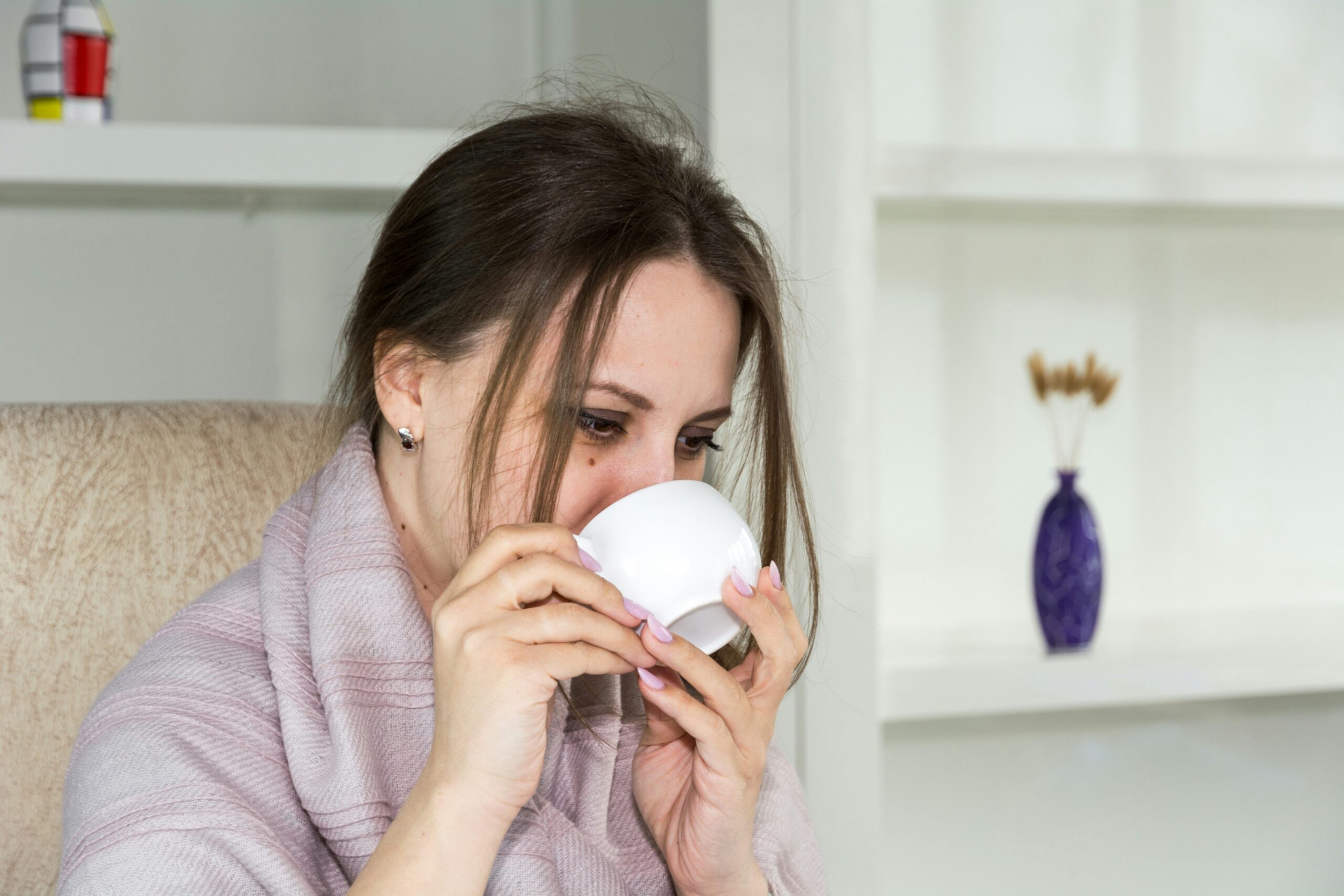
Your home is supposed to be a safe haven, a place where you can relax and unwind after a long day. However, what if you were told that your home could actually be making you sick without you even realizing it? There are several common culprits in our homes that can impact our health, from poor indoor air quality to hidden mold growth. In this article, we will explore these common issues and provide tips on how to address them to create a healthier living environment for you and your family.
Indoor Air Quality
One of the biggest culprits in making people sick at home is poor indoor air quality. Dust, pet dander, pollen, and other allergens can accumulate in our homes and trigger allergies or asthma symptoms. To improve indoor air quality, make sure to regularly clean and vacuum your home, use an air purifier with HEPA filters, and open windows for ventilation when possible.
Mold Growth
Mold thrives in damp and dark environments, such as bathrooms, basements, or areas with water damage. Exposure to mold can cause respiratory issues, allergies, and other health problems. A professional mold inspection can determine if your home has mold. To address mold growth in your home, fix any leaks or water damage promptly, ensure proper ventilation in high-humidity areas, and clean mold-prone surfaces regularly with mildew-resistant products.
Chemicals in Household Products
Many common household products contain harmful chemicals that can negatively impact our health over time. From cleaning products to personal care items, these chemicals can contribute to respiratory issues or skin irritations. To reduce exposure to harmful chemicals at home, opt for natural or eco-friendly alternatives whenever possible.
Poor Ventilation
Proper ventilation is crucial for maintaining good indoor air quality and preventing the buildup of pollutants in our homes. Inadequate ventilation can lead to stale air, increased humidity levels, and the accumulation of allergens or toxins. Make sure to open windows regularly for fresh air circulation, use exhaust fans in kitchens and bathrooms, and consider investing in a whole-house ventilation system for better air flow.
Pests and Allergens
Pests such as cockroaches or dust mites can trigger allergies or asthma symptoms in sensitive individuals. To keep pests at bay and reduce allergens in your home, practice good hygiene habits like cleaning up spills promptly, sealing food containers tightly, and regularly washing bedding in hot water.
Your home should be a place of comfort and safety where you can thrive without worrying about potential health risks lurking around every corner. By being aware of common culprits that could be making you sick at home, you can take proactive steps to address these issues and create a healthier living environment for yourself and your loved ones. Remember that small changes can make a big difference when it comes to improving the overall health of your home!


